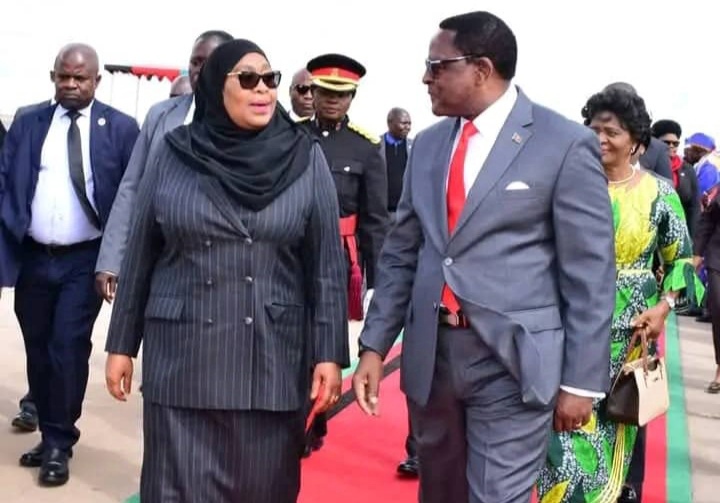National Grid Collapse: Northern Nigeria Grapples With Power Outages As Residents, Business Owners Lament Hardship
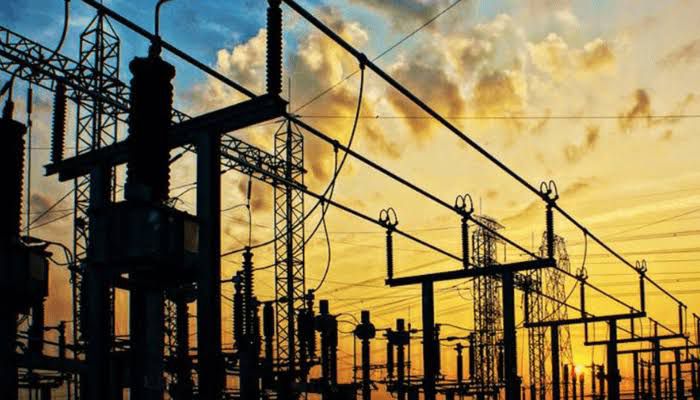
By Onoja Baba, Utabor Paul, Nigeria
In northern Nigeria, communities are enduring a wave of prolonged blackouts as the country’s National Power Grid faces repeated collapses, disrupting lives, livelihoods, and local economies.
Since January 2024 alone, the grid has collapsed approximately nine times, with three failures reported in the third week of October, casting vast swathes of Plateau, Adamawa, Kaduna, Kano, Bauchi, and Gombe states into darkness.
Over the past 16 months under President Bola Tinubu’s administration, there have been at least 12 recorded grid collapses, underscoring a persistent instability in the national power infrastructure.
The outages are not just inconvenient, but life-altering. Plateau State resident, Kingsley Ikpontu, a civil servant from Rayfield, Jos, revealed to African Culture TV that since October 22, his household expenses have skyrocketed, as he relies on fuel for power – a necessity that has become increasingly costly.
The epileptic power supply means an overwhelming dependence on expensive diesel and petrol for residents, especially small business owners, who rely on a steady electricity supply to survive.
Miss Ayang Grace Uyimanung, a student and small business owner in FDA Road, Jos, expressed frustration over the disruption.
She said with limited access to charging, she struggles to maintain her business and personal communications. “Sleeping in darkness is one thing,” she explained, “but now my frozen goods are spoiling, and I can’t pump water or even iron clothes for my clients.”
For many residents, these outages impact the most basic daily activities, putting additional financial strain on already stretched budgets.
Further north, Hamza, a Kaduna resident, echoed these sentiments, stating that his community has been without power for over nine days. “It’s a terrible situation,” he shared, noting that this has affected businesses, making daily life increasingly challenging.
The outages have severely hit essential services, forcing many residents to adapt, but at a cost that is hard to sustain.
However, former Kano State Governor, Rabiu Kwankwaso, in a statement on X, decried the vandalism of the critical 330kV Shiroro-Kaduna power line, which serves Kano and Kaduna, as well as another line servicing Bauchi and Gombe.
He expressed frustration over the inability to restore power swiftly, especially given the high cost of fuel alternatives.
“The delay in resolving this blackout shows a severe gap in our power sector’s capacity to manage large-scale disruptions,” Kwankwaso remarked.
He urged both the government and private investors to explore sustainable alternatives, highlighting his administration’s own efforts to diversify energy sources in Kano through hydro projects at Challawa Gorge and Tiga Dams.
The JED Distribution Company (JEDC), responsible for supplying power to Jos, Makurdi, Bauchi, and Gombe, released an apology on Monday, acknowledging its failure to provide the minimum promised 20-hour daily supply.
“We sincerely apologise for falling short of our availability commitment,” the statement read. Yet, efforts by African Culture TV to reach JEDC for further details were unsuccessful, as were attempts to contact the Transmission Company of Nigeria (TCN).

As residents struggle with the ongoing power challenges, the frequent grid collapses underscore the urgent need for systemic reforms.
Experts point to ageing infrastructure, sabotage, and insufficient investment in alternative energy as key factors behind the grid’s instability.
In the past decade, Nigeria’s National Grid has collapsed 105 times, exposing the pressing need for modernization and resilience-building in the country’s power sector.
For the people of northern Nigeria, the darkness serves as a harsh reminder of the broader issues in Nigeria’s energy infrastructure – a situation that demands immediate attention to ensure stability, reduce costs, and support both personal and economic growth in the region.
While the issue of power failure in Nigeria affects all the states and the Federal Capital Territory (FCT), some northern states have faced a more severe situation in the last few days.
It is observed that most issues of blackout being reported even on social media are those emanating from residents of the affected areas of the north.
categories
recent posts
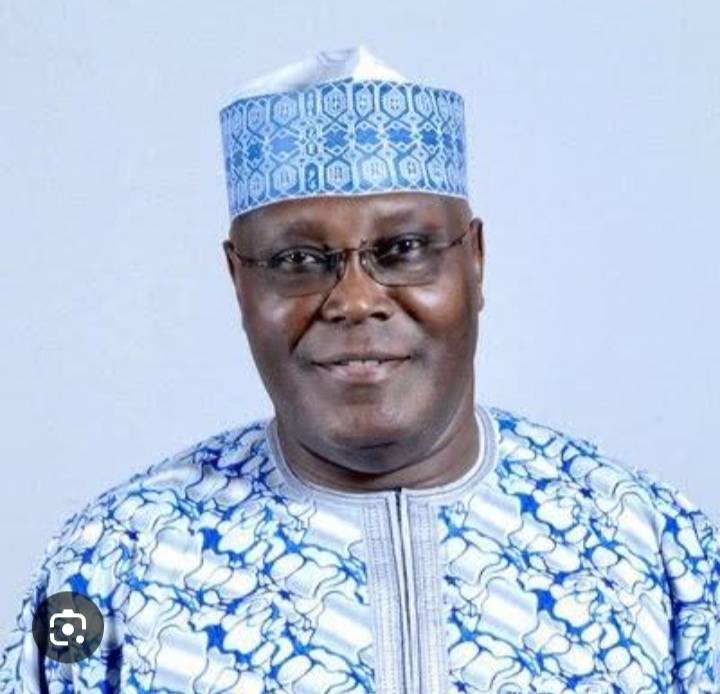
NIGERIA: ‘Coming Political Battle Not APC Versus PDP, Or LP Versus APC’ – Atiku
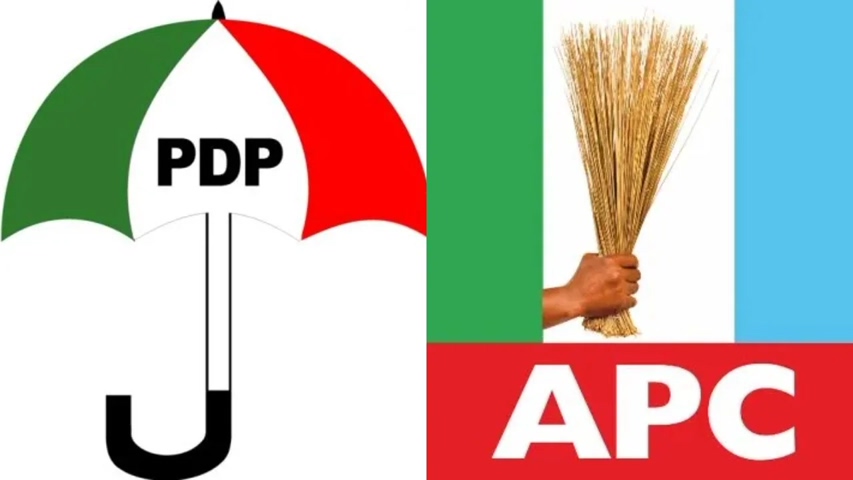
Praises And Panic: APC Sees PDP Chairman’s Endorsement Of Gov Mutfwang As Cry For Relevance
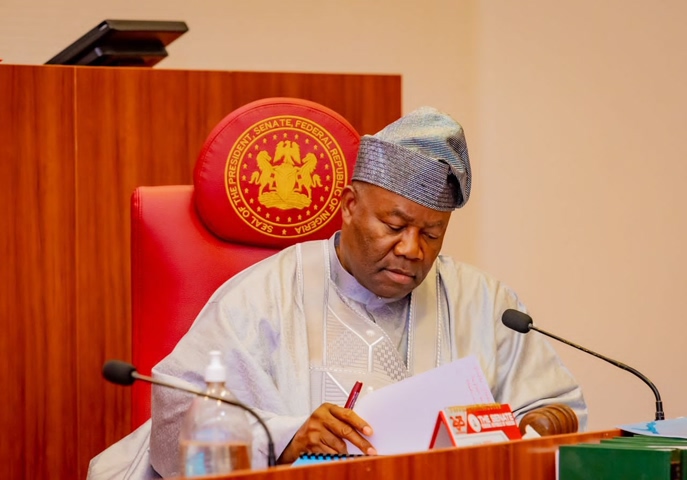
NIGERIA: Akpabio Leads Nigerian Delegation To Vatican For Pope Francis’ Funeral
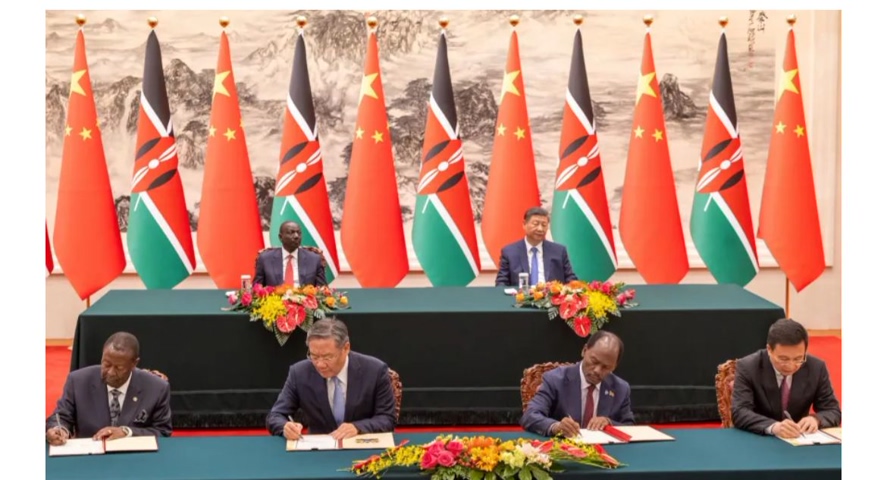
Kenya Secures Major Economic And Infrastructure Deals During Ruto’s State Visit To China
